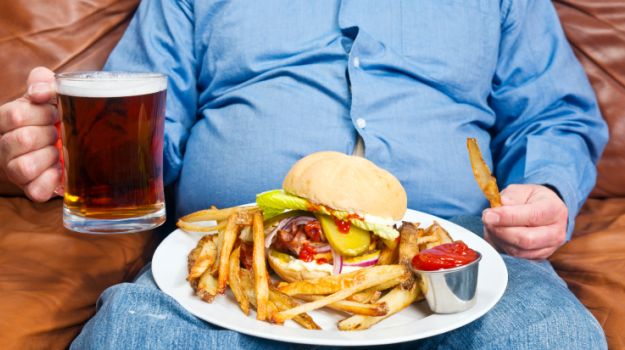
New fathers please take be aware! Your age, use of alcohol and different way of life elements can reason birth defects on your baby as well as for the destiny generations, warns a brand new research at Georgetown college in the US. The dietary, hormonal and psychological environment furnished by the mother completely has been formerly regarded to alter the organ shape, cellular response and gene expression in her toddlers. The group reviewed past studies that centered on how a man’s life-style could reason epigenetic adjustments in his sperm’s DNA that would in the end have an effect on his kid’s genome.”Our look at shows that the fathers’ way of life, and his age, can be pondered in molecules that manipulate the gene function,” said Joanna Kitlinska, an accomplice professor. “on this way, a father can have an effect on not simplest his on the spot offspring, however destiny generations as well,” Kitlinska introduced within the paper published in the American magazine of Stem Cells.The findings confirmed that, if the father is alcoholic, a new child may be recognized with foetal alcohol spectrum sickness (FASD), despite the fact that the mom has never consumed alcohol. Alcohol use in fathers changed into also linked to decreased delivery weight, marked reduction in usual brain size, and impaired cognitive feature.similarly, the superior age of a father can elevate the fees of schizophrenia, autism in his children, the researchers stated.additionally, the weight loss plan pattern of a man during his pre-childhood can lessen or boom the risk of cardiovascular loss of life in his youngsters and grandchildren. Paternal obesity has been connected to enlarged fat cells, modifications in metabolic law, diabetes, obesity and development of brain cancer.similarly, psychosocial strain on the father can cause faulty behavioural traits in his youngsters.”This new discipline of inherited paternal epigenetics desires to be organised into clinically applicable guidelines and life-style alternations,” Kitlinska said including, “to certainly recognize the epigenetic affects of a infant, we need to study the interplay among maternal and paternal effects, in preference to thinking about each in isolation.









